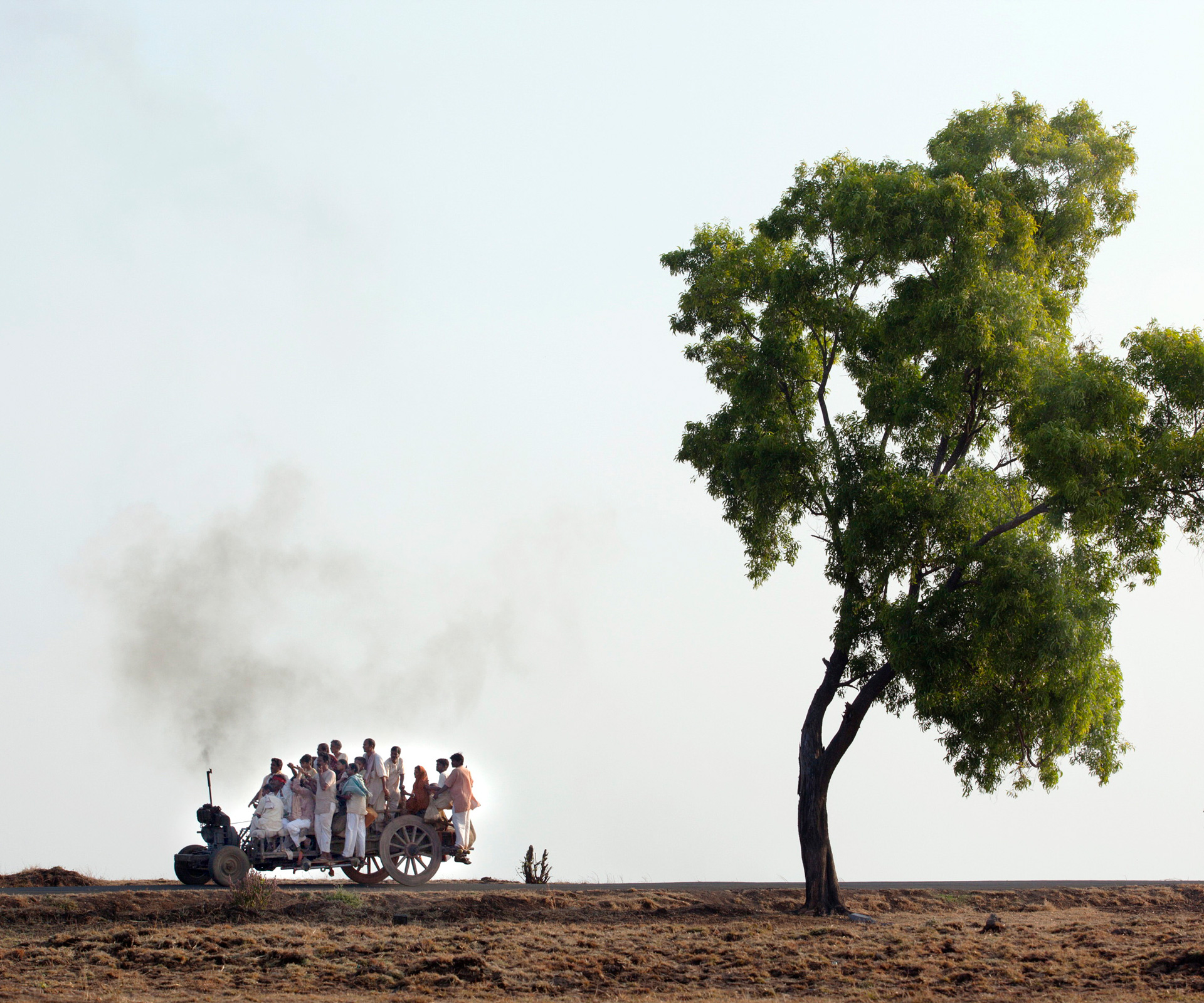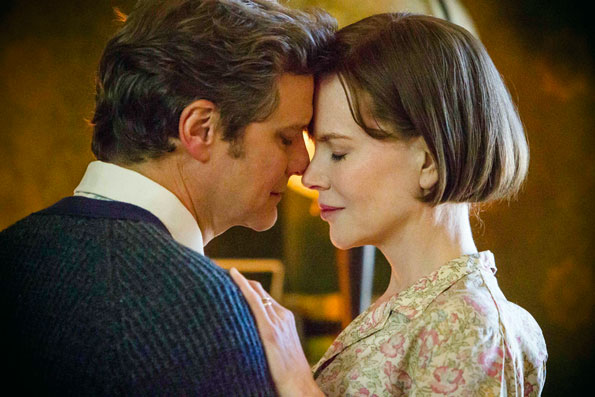A more complex and moving film than its marketing banners suggest, Umrika is no “feel-good” frivolity like The Lunchbox. Rather, it is a wide-ranging and politically engaged drama that takes in themes of split families and mass migration.
The opening movements are largely fluffy and comic. Through sun-fried trees, the viewer arrives at a remote village in Jitvapur, northern India. Thatch-roofed huts sit above the cloud of the valley as if in some kind of bucolic afterlife. In the background, a transistor announces Indira Gandhi’s 1975 “Emergency”, providing context. Modernity hasn’t reached this far up the mountain, but young Udai (Prateik Babbar) still yearns for something better.
He departs for “Umrika”, bidding farewell to his parents and younger brother Ramakant (Suraj Sharma from Life of Pi). But he doesn’t write home from the US, driving his mother – terrifically played by Smita Tambe – half mad with worry. Her husband is expelled from the marital bed. “Much like the Cold War, there wasn’t much action,” says the narrator. Ramakant is chastised for dreaming of being like his brother.
The letters eventually arrive, accompanied by tourist snaps and tales of a land where everything is possible. But Ramakant uncovers that things are not as they appear and when he is compelled to venture into the shadowy slums of Mumbai, the film takes a more dramatic turn.
In this transition, writer/director Nair explores two subtexts. The first is a witty critique of India’s “exotic” reputation. Nair is clever to turn colonial afterglow on its head, pointing out that venerating a pardoned Thanksgiving turkey is just as strange to rural Indians as Diwali might be to a Midwestern American.
The second is in giving context to a now pervasive image: the brown migrant confined to a shipping container or smuggling boat. By tracing the two brothers’ lives and clearly identifying their aspirations, Nair undercuts many common assumptions about the nature of traversing borders in search of something better.
Petra Korner’s vibrant and urgent camera-work, shot on Super 16mm, completes Nair’s masterful storytelling. Umrika is an exceptional film that aches with the passion of its subjects.
Stars: 4.5/5
Words by: James Robins


